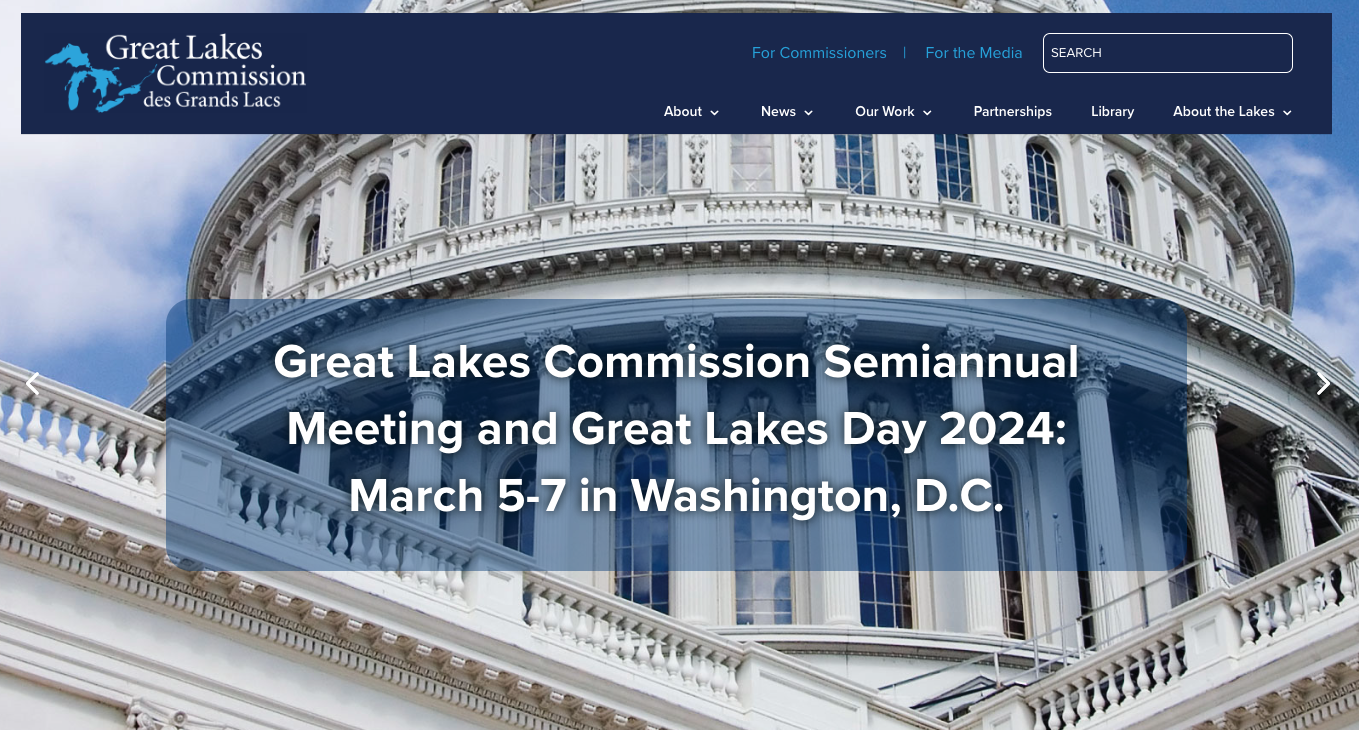Minnesota & The Great Lakes: A Symbiotic Relationship Shaping History, Economy, and Development
Minnesota, known as the Land of 10,000 Lakes, boasts a rich tapestry of natural wonders. Among its many aquatic treasures, the Great Lakes hold a special place in shaping the state's history, economy, and overall development.
In this blog post, we will delve into the historical significance of the Great Lakes in Minnesota, their impact on the state's economy, and the pivotal role they play in shaping the future.
Historical Significance:
The history of the Great Lakes in Minnesota dates back thousands of years, with indigenous peoples relying on these vast bodies of water for sustenance and trade. The Ojibwe and Dakota tribes, among others, established vibrant communities along the lakeshores, cultivating a deep connection with the land and water.
During the 17th century, European explorers and fur traders navigated the Great Lakes, contributing to the expansion of trade networks and the growth of European influence in the region. This historical context laid the foundation for Minnesota's role as a key player in the broader economic landscape.
Economic Ties:
Fast forward to the present, and the economic ties between Minnesota and the Great Lakes remain robust. The lakes serve as a crucial transportation route, facilitating the movement of goods such as iron ore, grain, and other raw materials. The Port of Duluth-Superior, located on Lake Superior, stands as one of the busiest inland ports in the United States, playing a pivotal role in regional and national trade.
The mining industry, a cornerstone of Minnesota's economy, relies heavily on the Great Lakes for shipping iron ore to steel mills. The interconnectedness of the region's industries underscores the economic importance of maintaining healthy and sustainable Great Lakes ecosystems.
State Development:
Beyond economic ties, the Great Lakes have played a vital role in shaping Minnesota's development. The lakes provide recreational opportunities, drawing tourists and outdoor enthusiasts from far and wide. The picturesque North Shore of Lake Superior, with its stunning cliffs and waterfalls, has become a magnet for nature lovers, contributing significantly to the state's tourism sector.
Additionally, the Great Lakes have influenced settlement patterns and urban development. Cities like Duluth and Minneapolis-St. Paul owe their growth, in part, to their strategic locations along the lakeshores, which facilitated transportation and trade.
Challenges and Conservation Efforts:
While the Great Lakes have been a source of prosperity for Minnesota, they also face significant challenges, including pollution, invasive species, and the impacts of climate change. Efforts to address these issues are crucial to maintaining the delicate balance between economic development and environmental sustainability.
Organizations such as the Great Lakes Commission and the Minnesota Department of Natural Resources actively work towards preserving the ecological integrity of the lakes. Citizens are encouraged to stay informed and participate in conservation initiatives to ensure the long-term health of these vital water bodies.
For those seeking more in-depth information on the Great Lakes and their impact on Minnesota, several trustworthy sources can provide valuable insights:
Great Lakes Commission: An organization dedicated to promoting the sustainable use and development of the Great Lakes region.
Minnesota Department of Natural Resources: Explore resources on Minnesota's natural environment, including information on the Great Lakes.
Port of Duluth-Superior: Learn about the economic significance of the Port of Duluth-Superior and its role in regional trade.
The Great Lakes have been integral to Minnesota's past, present, and future. From shaping the state's history and driving its economy to influencing development patterns, the lakes are a cornerstone of Minnesota's identity. As we navigate the challenges of the present and strive for a sustainable future, it is crucial to recognize and appreciate the profound impact of the Great Lakes on the Land of 10,000 Lakes.
Have a great story about a visit to Minnesota? Let us know and we’ll share it!




